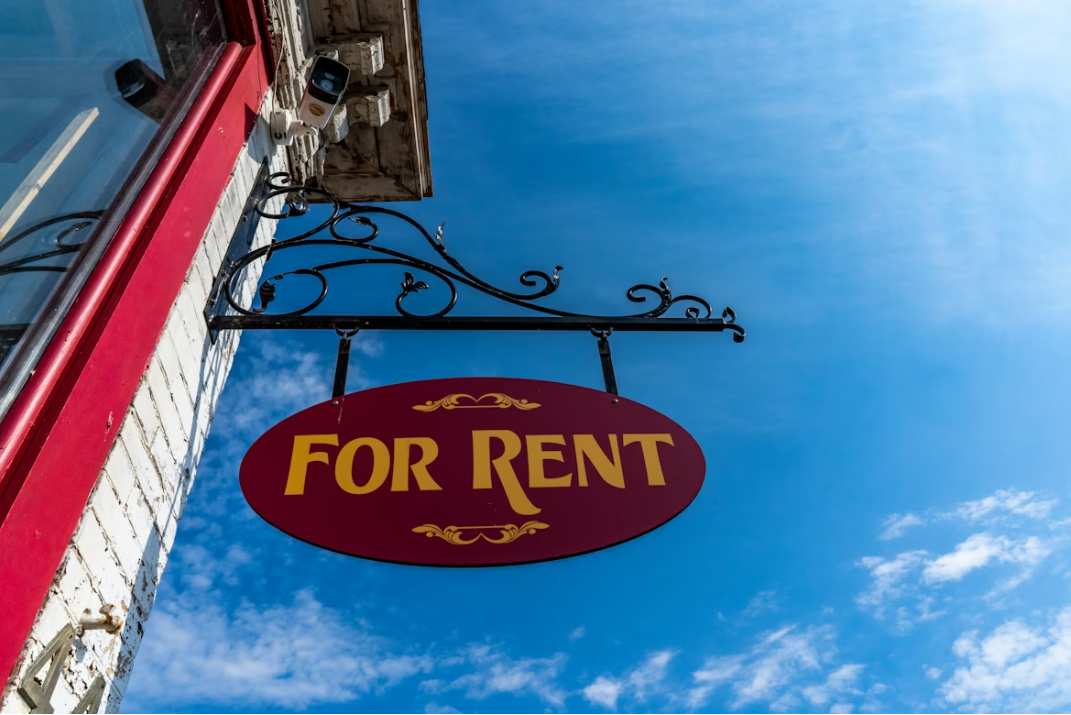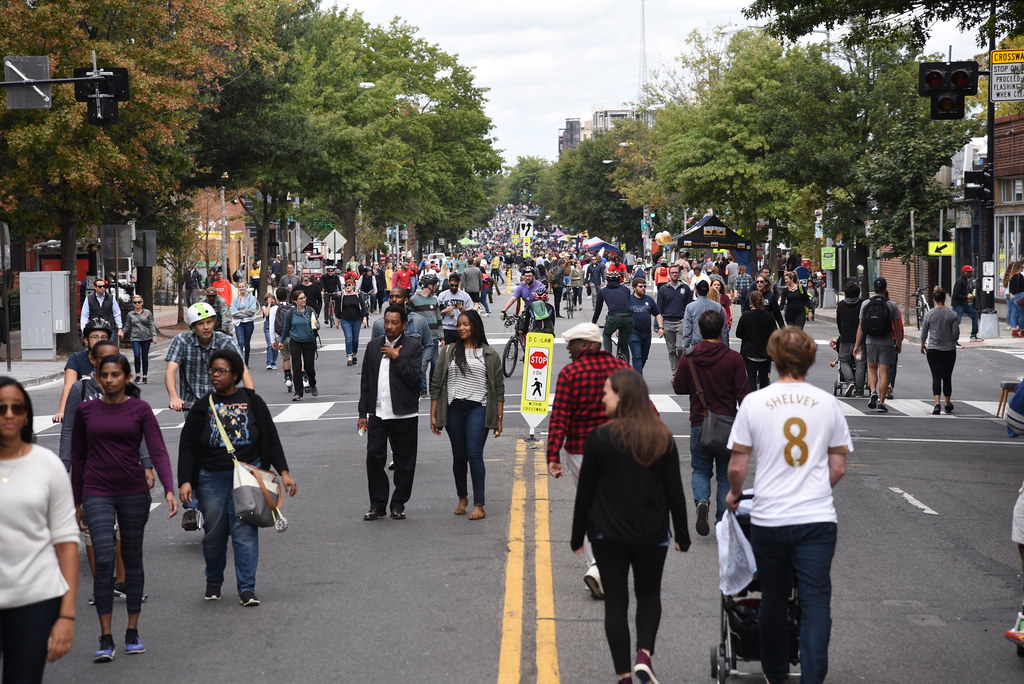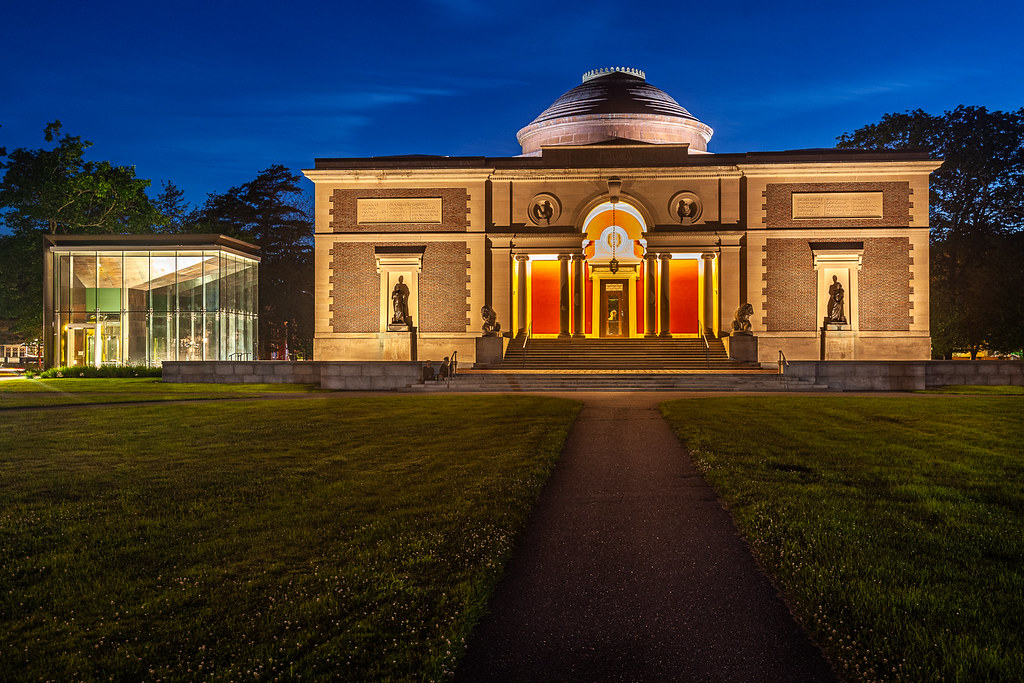Boston College vs Boston University is also called the Green Line Rivalry, the Battle of Boston, and the Battle of Commonwealth Avenue. Located in the historic and vibrant city of Boston, Boston College and Boston University are two prestigious institutions that attract the attention of many students. Despite being in the same city, each university has its own distinct character. Let’s take a look at the difference between Boston College and Boston University, so you can decide which one is best for you.
Boston College vs Boston University: Location and Campus Life
While Boston College and Boston University are both connected to trolley lines along Commonwealth Avenue as part of the MBTA (Massachusetts Bay Transportation Authority) subway system, no matter Boston College or Boston University offers a vastly different campus experience.
Located in the suburb of Chestnut Hill, Boston College has a sprawling 340-acre campus that forms a tight-knit community. With 29 residence halls and 13 dining options on campus, 85% of students live on campus, enjoying the peace and quiet of city life while still being in touch with Boston’s cultural treasures.
In contrast, Boston University, located in downtown Boston, has two campuses, separated by the Charles River. BU covers 135 acres and offers a variety of housing options, including traditional dorms, brownstone buildings, and residential apartments in the John Hancock Student Village, where 75% of students live on campus. Thriving on the bustling streets of Boston, Boston’s urban energy and rich culture give the Boston University urban campus experience.
Boston University vs Boston College: Off-Campus Housing
When it comes to the off-campus housing for students at Boston University vs Boston College, there are several different characters.
Student Housing near Boston University
The urban campus of Boston University is integrated into the cityscape of Boston, offering a wide range of student housing near Boston University, within walking distance or a short public transit ride away. Besides, the off-campus housing varies from modern apartment complexes to historic brownstones and varies from studio and single room to one bedroom/two bedrooms/three bedrooms/four bedroom and more than five bedrooms. So students can choose easily according to their different budgets and preferences. In addition, students living in those housing can immerse in a vibrant, urban atmosphere and can easily access to fine restaurants, vibrant bars, popular shopping center and other various entertainment scenes.
Student Housing near Boston College
As Boston College is located in the more suburban Chestnut Hill, student housing near Boston College offers a slightly different experience for its students. Comparing to BU, the housing near BC tends to be found in more residential areas, with options including single-family homes and apartment units. The housing often provides more tranquil environment and a retreat from the hustle and bustle. However, that means a longer commute to BC campus, typically necessitating a car or reliance on public transportation. In addition, rents in Chestnut Hill and neighborhood areas can be more affordable than downtown Boston, offering students a chance to find cost-effective living arrangements without sacrificing living quality.
Boston University versus Boston College off-campus housing both offers distinct advantages. For example, around BU, there is urban dynamism, while around BC there is suburban tranquility. No matter you prefer which kind, you can come to uhomes.com to explore the cost-effective student housing for yourselves, your families and your friends.

Boston College vs Boston University: Academic Achievement
When talking about the BC vs. BU Academic Achievement, people usually have different opinions.
Boston College is known for its strong liberal arts foundation, with an emphasis on critical thinking and holistic education. With its respected faculty and rigorous academic programs, Boston College excels in subject areas such as theology, philosophy, and business and is divided into nine colleges and campuses. The most popular majors are:
- Economics, General
- Biology/Biological Sciences, General
- Speech Communication and Rhetoric
- Developmental and Child Psychology
- Finance, General
Boston University, on the other hand, is known for its diverse academic programs, covering a wide range of disciplines from engineering to fine arts. Boston University emphasizes on research and innovation creates a dynamic learning environment conducive to academic exploration. Boston University offers more than 300 programs through 17 campuses and colleges. The most popular majors are:
- Social Sciences
- Business, Management, Marketing, and Related Support Services
- Communication, Journalism, and Related Programs
- Biological and Biomedical Sciences
- Engineering
BU vs BC: Size and Group
The size and group of Boston College vs University has a obvious differences. Some students, combining with their own features, choose to enter Boston University or Boston College also according to the size and group of a university.
Boston University has a larger student population, a more diverse and lively campus atmosphere, and provides plenty of opportunities for cooperation and exchange. As of January 2024, Boston University has:
Undergraduate enrollment: 17,744 students
Total enrollment: 37,557 students
Full-time faculty members: 4,309
The student-teacher ratio is 11:1
In contrast, Boston College boasts relatively small student body which creates a tight-knit community and a class size that makes it easier to build an intimate atmosphere, conducive to personalized attention from faculty. As of January 2024, Boston College has:
Undergraduate enrollment: 9,575 students
Total enrollment: 15,025 students
Full-time faculty members: 888
The student-teacher ratio: 11:1
Whether the close-knit community or the bustling campus environment, there are pros and corns. So choosing either of them depends on an individual’s preference for class size and community dynamics.
Boston College vs Boston University: Acceptance Rate
According to the latest available data, Boston College acceptance rate is about 13.9%, while Boston University acceptance rate is about 11%. Besides, Boston College’s ranking is 39, while Boston University’s ranking is 43. Moreover, Boston College and Boston University both adhere to strict admission criteria, and factors such as academic achievements, extracurricular involvement, and personal essays are considered.
The most important factors for admission to Boston College are the rigor of the high school program and GPA. The factors most valued for admission to Boston University are rigor of the high school curriculum, GPA, and aptitude/ability. Besides, Boston College takes religious beliefs into account, while Boston University does not. However, the same emphasis is placed on factors such as application essays, extracurricular activities, letters of recommendation, class rank, etc. Moreover, volunteer work is a factor that Boston College places more emphasis on than Boston University does.

Campus Facilities Difference Between Boston College and Boston University
The campus facilities in Boston College and Boston University are both in high-end style. The state-of-the-art facilities in BU BC, including libraries, labs and entertainment spaces, are designed to enhance the student experience. From cutting-edge research facilities to large recreation centers, each campus offers a variety of tailored resources to support academic and extra-curricular activities.
Boston College
Margot Connell Recreation Center: A 244,000-square-foot, four-story building for students to have fun, play sports, get together with friends, and exercise. The facility includes a fitness center, climbing wall, jogging track, water sports center, wooden floor basketball court, tennis court, multipurpose playground, multipurpose room for spinning, yoga and fitness classes and more.
The Quonset Hut: This leisure facility features cardio and weightlifting equipment, as well as open recreation areas for basketball and table tennis. Besides, there is also a full dressing room, toilet and shower in The Quonset Hut.
Seven libraries and one educational resource center: O’Neill Library, Bapst Library, Burns Library, Educational Resource Center, Law Library, O’Connor Library, Social Work Library, and Theology and Ministry Library.
Boston University
FitRec: This leisure facility includes 18,000 square feet of weight training and cardiorespiratory conditioning, an aquatics center, a 30-foot Barreca Climbing Wall, a 225-seat dance theater, 1/7-mile indoor running and walking trails, Running track, spacious gym space with seven courts, multi-function fitness center, three American squash courts and three international squash courts.
BU Library is made up of African Studies, Astronomy, Mugar Memorial, Music, Science & Engineering, Stone Science, Pickering Educational Resources, and Frederick S. Pardee Management libraries.

BC vs BU: Extracurricular Activities
The level of BC vs BU extracurricular activities are neck and neck. Moreover, the extracurricular opportunities in both Boston College and Boston University are in a wide range, including clubs, sports, and cultural organizations catering to a variety of interests. Whether students are passionate about community service, the performing arts, or intramural sports, there are ample opportunities to interact and connect with like-minded peers outside the classroom.
Boston College offers more than 300 student organizations for its students to choose from, including art clubs, business and law societies, cooking clubs, dance troupes, math societies, and more. Besides, Boston College also boasts:
- 31 intercollegiate Division I teams
- Colorful club sports
- 44 intramural sports
- Water sports, spinning, yoga, etc.
- Visual, musical and physical arts activities on and off campus
Boston University has more than 450 student-led groups, including the Anime Club, Habitat for Humanity, Photography Club, Marine Science Society, Knitting Club, and more. Boston University is also the home to professional organizations, such as honor societies that recognize high academic achievement, or other organizations that provide valuable opportunities to attend national professional conferences and establish relationship with professionals. There are also 12 fraternities and 12 sororities on the BU campus, which make up a small but active Greek community. Besides, there are also citywide Greek organizations and Greek honor societies.
Conclusion on Boston University vs Boston College
In summary, in the battle of Boston College vs Boston University, we can see that Boston College and Boston University each offers unique and engaging educational experiences shaped by their unique campus environments, academic programs, and student life opportunities. When starting to plan for college life, consider your personal preferences, academic goals, and personal desires when making decisions.
FAQs on Boston College vs Boston University
What is the Boston College vs Boston University Cost?
Boston College: For undergraduate, the tuition fee is from $65,000 to $70,000 per academic year, while for postgraduate, it is from $65,000 to $70,000 per academic year.
Boston University: For undergraduate, the tuition fee is from $20,000 to $65,000 per academic year., while for postgraduate, it is from $30,000 to $70,000 per academic year.
Which is more prestigious, Boston College or Boston University?
According to the latest news, Boston College ranks 36 in the US News, but with a small size and group, while Boston University is 41st with a larger campus and the amount of students.
Is Boston College or Boston University better for pre-med?
If you prefer a well-rounded education with a liberal arts focus, Boston College may be your better choice. Nevertheless, if you are seeking a more research-oriented and structured pre-med program with ample opportunities for hands-on experience, Boston University might be better with your goals.
Is Boston College harder to get into than Boston University?
BU typically has a lower acceptance rate, indicating greater selectivity than BC. For the class of 2029, the overall acceptance rate at Boston University was 12.83%, and the acceptance rate at Boston College was 13.9%. Do research on your intended major/career, gauge which one fits your vibe best, and know you’re choosing between two great options.
If you’re thinking about studying in the US, it’s crucial to find the right student accommodation. That’s where uhomes.com comes in. It’s a reliable platform that helps students like you find the perfect place to live in New York, Boston, Los Angeles, Chicago, San Francisco and many other cities. So far, they’ve helped more than 55,000 students successfully find their dream homes.

If you are interested in Boston study life. Please check following blogs!












